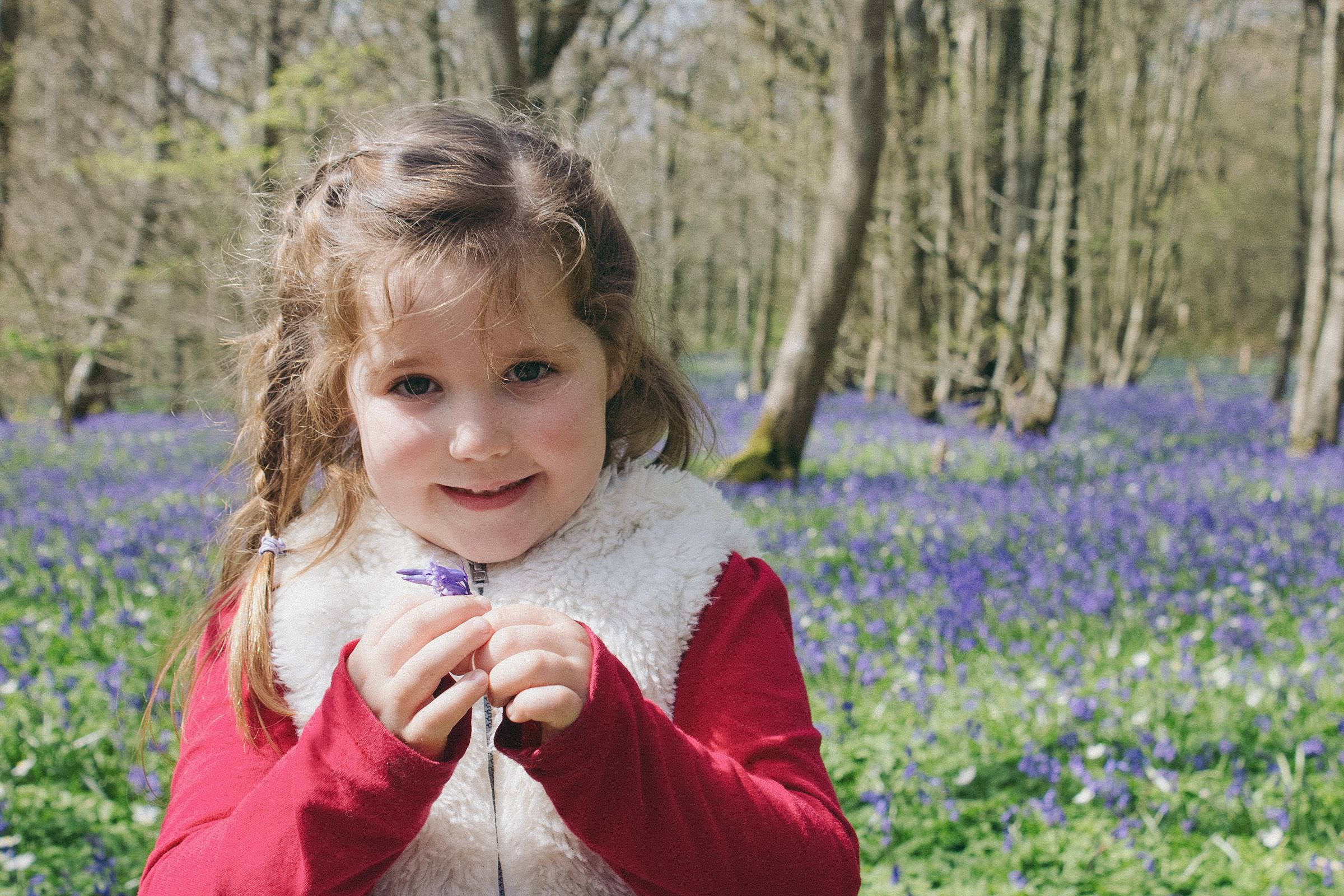
Summary
Delivery of intervention: Individual- / group-based
Aim of intervention: The aim of the intervention is to help 3–12 years old children to learn the skills they need for psychosocial problem solving in everyday life. The Kids’ skills aims to improve the child’s ability to observe and control the symptoms related to a given problem.
Description of intervention: The Kids’ skills is a structured intervention, which consists of 15 levels, and it is developed to support children with psychosocial problems. The intervention is based on solution-focused therapy, brief therapy, and partly on Milton Erickson’s psychotherapy tradition (Furman 2016). Intervention influences indirectly on reasons behind the child’s problems and interactions within the family. It focuses on the psychosocial problem perceived by the child in everyday situations, such as difficulties in emotion regulation, behavioral problems and defiance. Intervention can be delivered on the condition that the child’s problem can be solved or alleviated. The fifteen steps of the intervention focus on the child’s skills and enhancing the skills but systematic conduct of each step is not strictly required (Bentner 2014). The Kids’ skills may be used at home with the child, in a group of children, and is applicable to youth and adults.
Availability of intervention in Finland: The Kids’ skills is developed by Ben Furman, who is a psychiatrist at the Helsinki Brief Therapy Institute and social psychologist Tapani Ahola. The Kids’s skills training is available as online studies and face-to-face studies organized by the Brief Therapy Institute, which maintains instructor certification. The intervention is also available as a mobile application. The intervention has been used to some extent in the child and family services and in child psychiatry. The intervention has been adopted as a part of South Carelian program to address reform in the child and family services.
Research- and evidence-based efficacy of intervention: The intervention has been tested in a Finnish study based on multivariate methods (Hautakangas, Kumpulainen & Uusitalo 2021). It demonstrated that the self-regulation skills of 4 to 7 years old children in the daycare improved in the Kids’ skills intervention group compared with the control group. In addition, the intervention increased the commitment of the early educators to promote children’ self-regulation skills. The intervention has satisfactory research-based evidence of efficacy.
Literature:
- Bentner, A. (2014). Muksuoppi tutkimuksen kohteena. Saksalaisia selvityksiä suomalaisesta lasten ongelmien ratkaisumenetelmästä.
- Furman, B. (2016). Muksuopin lumous. Luova tapa auttaa lapsia voittamaan psyykkiset ongelmat. Lyhytterapiainstituutti.
- Hautakangas, M., Kumpulainen, K. & Uusitalo, L. (2021). Children developing self-regulation skills in a Kids’ Skills intervention programme in Finnish Early Childhood Education and Care. Early Child Development and Care.